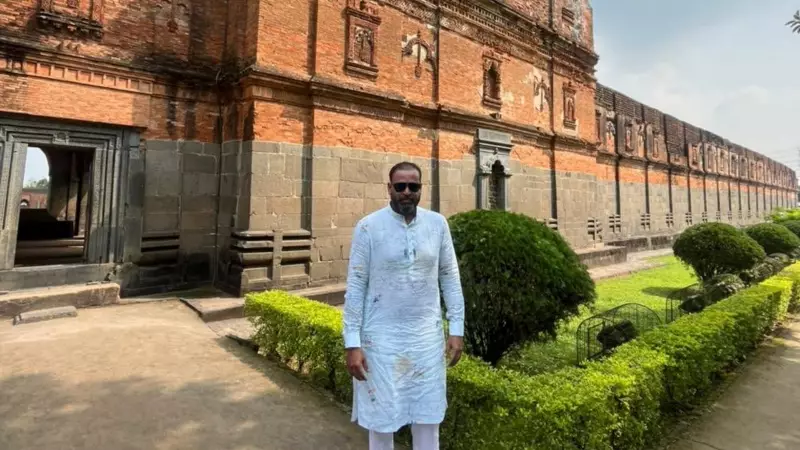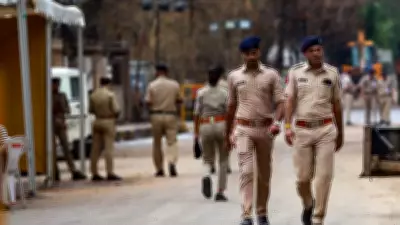
In a move that has ignited fresh political tensions in West Bengal, Bharatiya Janata Party leader and former cricketer Yusuf Pathan visited the historic Adina Mosque in Malda district, prompting immediate reaction from political rivals.
The Mosque Visit That Started It All
Yusuf Pathan, the newly-elected BJP MP from Baharampur, offered prayers at the renowned Adina Mosque on Tuesday. The centuries-old mosque, located in Malda's Adina locality, holds significant historical importance in the region.
Pathan's visit wasn't just a religious observance—it quickly transformed into a political statement. The BJP leader was accompanied by local party workers, turning the religious occasion into a visible political event.
BJP's Temple Counter-Strategy
In what appears to be a calculated response, the Bharatiya Janata Party organized simultaneous temple visits across several constituencies in West Bengal. BJP leaders and workers were seen offering prayers at various temples, creating a clear political narrative.
This coordinated temple strategy seems designed to counter any potential perception that the party is softening its Hindu nationalist stance following Pathan's mosque visit.
TMC Fires Back
The Trinamool Congress was quick to respond to these developments. TMC leader and West Bengal Minister Shashi Panja launched a sharp criticism against the BJP, accusing them of engaging in "polarization politics" ahead of crucial elections.
"The BJP is clearly trying to create religious divisions for political gains," Panja stated, emphasizing that West Bengal has traditionally celebrated religious harmony.
Political Implications in Bengal
This exchange comes at a critical juncture in West Bengal politics, where religious identity and communal harmony have become central themes in political discourse. The state has witnessed intense political battles between the BJP and TMC in recent years.
Political analysts suggest that such visits and counter-visits are strategically timed to influence voter perceptions, particularly among religious communities that play decisive roles in various constituencies.
The Adina Mosque, where Pathan offered prayers, itself stands as a symbol of Bengal's rich Islamic heritage, making the location particularly significant in this political context.
What's Next in Bengal's Political Chessboard?
As both parties position themselves for upcoming electoral battles, such symbolic visits are likely to continue. The political drama unfolding in West Bengal reflects broader patterns of religious symbolism in Indian politics.
With Yusuf Pathan being one of the prominent Muslim faces in BJP and his recent electoral victory, his actions carry significant weight in the party's outreach to minority communities while maintaining its core support base.





